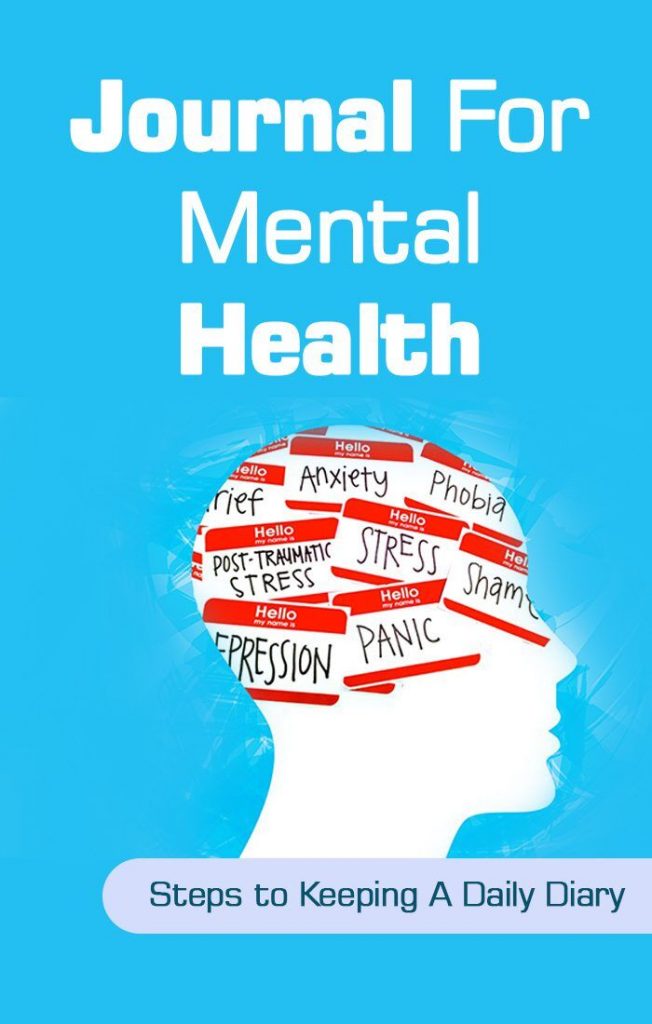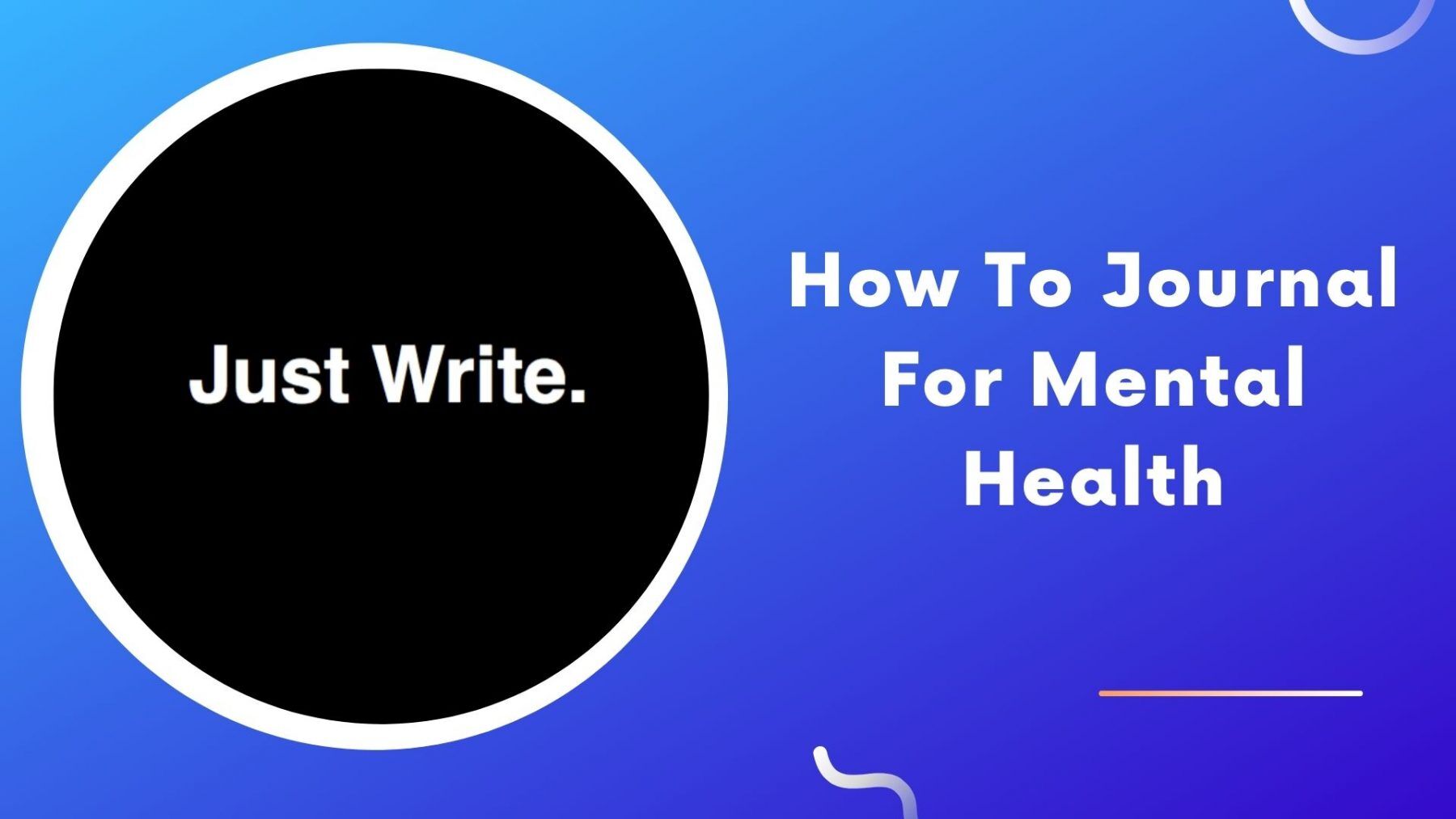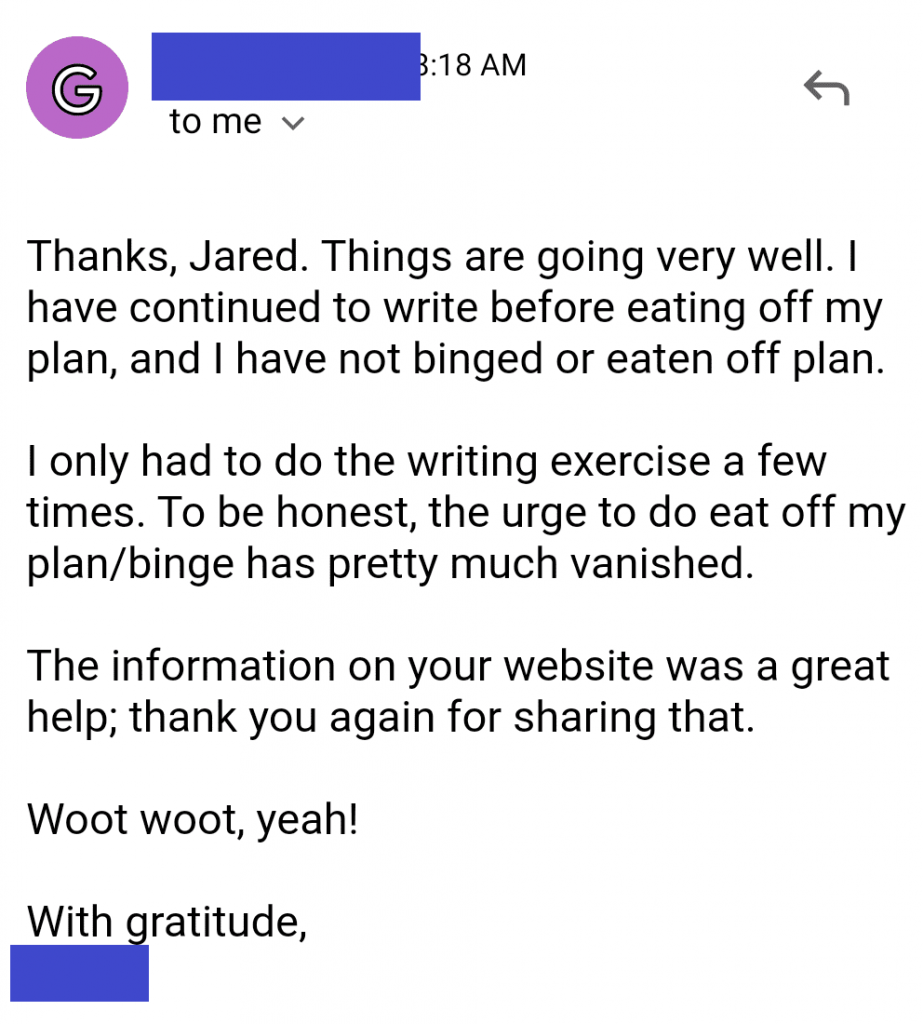Journaling for mental health is a great way to get clarity on how you are feeling, and also help to work through any issues that may be bothering you.
Many people say they find it difficult to journal because they don’t know where or how to start.
I first started journaling in my days living as a Zen Monk up in the mountains. While studying zen meditation, I heard a powerful quote by Master Dogen:
“Take the backwards step!”
In this quote Master Dogen refers to going backward instead of forward. Don’t rush forward without understanding what’s inside.
You know how everyone gets sucked up into career, family, politics, money, etc?
Well, what if you chose to pursue your inner world instead? What if your mind is key to enlightenment? And going on a journey to discover yourself was the most important thing in the world?
Journaling can be your lantern of light in the dark forest of your mind. Journaling can help you explore and ultimately know your true self.
But how do you journal, if not for the ultimate goal of enlightenment, then what about just for mental health?
Turns out this ‘backwards’ advice is the key to journaling too! Even when keeping a food journal!
In a nutshell, you gotta slow down and think.
If you think about ‘why’ you’re journaling and what you want out of journaling, you can work your way ‘backwards’ to figure out exactly how to journal!
In this post, I list 7 steps that will have you writing in your journal before you know it!
Keep in mind I’m starting backwards! We start with our vision and work our way backwards!
7 – Peace Of Mind

We all want peace of mind from our journaling, right? Peace of mind is certainly a sign of mental health!
But how do you get to peace of mind from journaling?
First you take your time.
Getting to peace of mind requires you to slow down and think.
Going forward too quickly means you miss what’s inside.
And we must embrace this idea of ‘better out than in’. ‘Better Out Than In” means, first, writing out things in your journal such as:
- Thoughts, even negative disturbing thoughts
- Feelings, even anxious feelings
- Situations, your description of an anxious event
- Your reactions, how you reacted and what you could do differently next time
Instead of keeping your feelings pent up inside, you are getting these feelings and perceptions out!
But if you move fast too quickly you miss out – because you failed to slow down and think, and so peace of remind remains elusive.
Getting your feelings and random negative thoughts out on paper where you can see them is important. If you just keep your thoughts and feelings bottled up inside of you eventually these burst out in hot rage!
So you must take the time to slow down and think.
Your thoughts and feelings are no different than a volcano. Only so much pressure and eventually things explode!
But let’s go another step backwards …
What would stop you from writing out your thoughts and feelings on paper?
6 – Letting Go Of Judgment
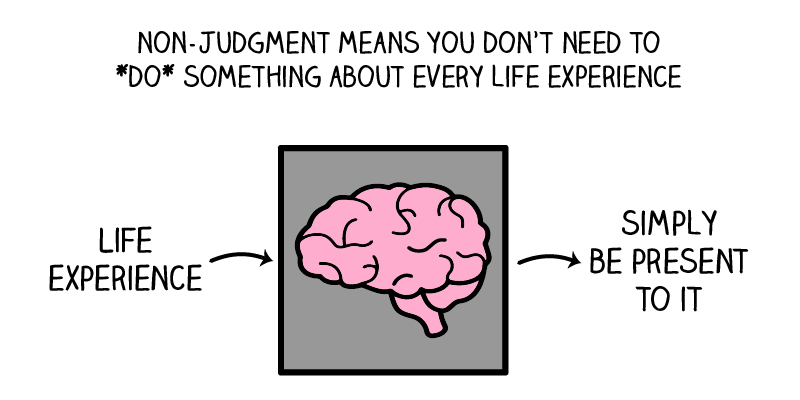
If you’ve let go of the need to judge, then journaling becomes much easier!
It can be hard to journal if we still feel like our minds and hearts are clouded by judgment.
We’re constantly judging ourselves and feeling like anything on paper won’t do justice with what our minds are telling us about who we are.
Many times when thoughts and feelings are unconscious they rule over us and create negative mental health!
Have you ever thought about all the things that could go wrong and then end up paralyzed, unable to take any action at all because you were so anxious?
Or have you ever gotten trapped in a negative spiral of depression and rumination and then just laid in bed all day?
Our thoughts and feelings can paralyze us. They can block us.
Normally these thoughts and feelings are taboo. Our culture teaches us to never be weak. Pain is for sissies, right? Isn’t what we are taught?
If you think you’re never supposed to be weak or vulnerable, then writing your thoughts and feelings out is going to be hard.
But in reality, it all is just thoughts – nothing more than words written on a page or typed into an online form …
What does this mean? While they are just written words, this has an impact. When your feelings come out onto paper, you can get to where they no longer control you.
And the more you do this, the easier it becomes.
If we give up on ourselves because the negative pains feel too deep or difficult to get out, then our mental health will suffer even more.
It can be hard to see past those negative emotions, but when we really let them come into light things start feeling different again. We gain back control over our life!
Let’s remember the ‘Better Out Than In’ principle. What if in journaling your weaknesses and upset feelings, you actually got these out of you and you became stronger as a result?
5 – Take Time

Of course, even if you can express your thoughts and feelings on paper, you’ll never succeed if you don’t carve out some time to do it!
It’s really important that you take a few minutes to journal.
Journaling for mental health really boils down to writing out your thoughts and feelings about what upsets you.
But it takes a few minutes at least to jot out your ideas!
Many times people say to themselves that they will journal once they have more time. They say that after things calm down then they will journal.
But this is not taking the backwards step! When you get so busy and anxious that you have no time to journal, this means you are caught up in something and are trapped.
You are not purposefully deciding to go backwards. You are falling forwards and are out of control.
Make the decision to take the backwards step while you are upset. Don’t wait for things to cool down, because while you are waiting for your mind to calm down you might do something you regret!
How many times have you sent a text message or email too quickly because you were feeling a strong, intense emotion like anxiety or excitement?
How many times will you say something you regret because you didn’t take the time to take the backwards step?
4 – Just Write
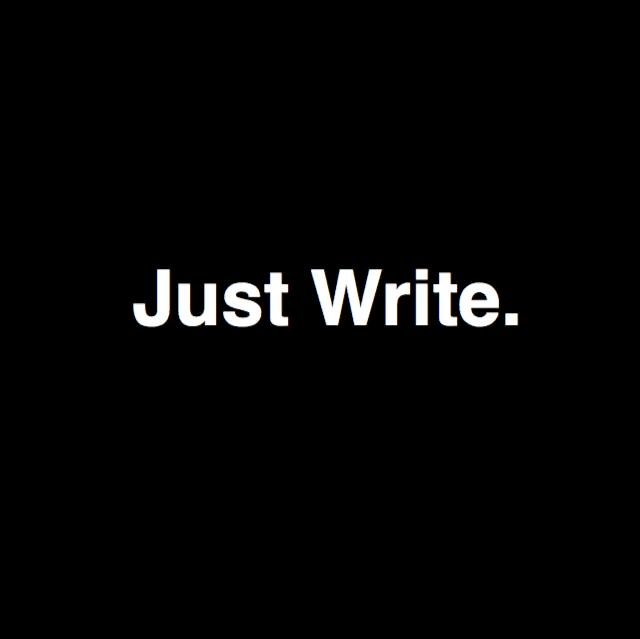
The hardest part is when you actually put pen to paper. It’s very important that you just start writing!
You may be sitting in a coffee shop and you’re feeling anxious, so what should you do? You start writing down the thoughts that are running through your head.
It might not make sense to anyone else but it does to you and that’s all that matters.
Just get your mind out of your head by putting pen on paper!
Writing is one way for anxiety sufferers to release their physical tension as well as emotional stress. Writing also helps identify triggers before they become stressful and cause bigger problems.
If we don’t write about our feelings, then we bottle up emotions. This leads us into unhealthy habits such as smoking cigarettes and drinking alcohol excessively. This downward spiral needs an upward push – something like journaling!
Same thing with food cravings!
When you are having an urge to overeat it’s very difficult to think logically. The more you try to think clearly the more you just want to stuff your face!
Instead of trying to think your way towards health, why not journal everything out on paper?
For overeating situations, imagine if you first wrote out:
- I’m afraid of gaining weight
- My thoughts are telling me ‘You’re a big fat failure!’
- Last time I ate cereal I ate too much so now I’m afraid
- I really want cereal now so I can distract myself from my thoughts
Can you sense how writing out your crazy thoughts would actually help you get them out of your head?
And then by getting them out of your head you’d be more likely to eat like a normal person?
The same ‘better out than in’ principle equally applies to other situations like:
- anxiety
- depression
- OCD
- assertiveness
3 – Keep A Journal With You

To journal your thoughts and feelings while you are upset is difficult if you don’t have a journal!
It’s really important that you have an accessible journal.
These days everyone has a phone, so you can easily pull out your phone and write down a few notes, which is what I recommend if you don’t have a journal.
Here are a few tips to keeping a journal (whether an actual one or on your phone):
- Keep your journal or phone next to you when it’s time for bed
- Set a reminder every day or two reminding yourself to write in the journal
- Write as many details so that later on, if necessary, you can look back and recall what happened.
This last step is important because sometimes depression makes us forget things!
And then we’re like ‘what did I even do today?’ Now at least with this journaling system, you’ll have some records of events happening during those dark times.
That way they don’t go undocumented in case there are ever any questions about them!
2 – Believe In Journaling
The next backwards step is believing in the benefits of journaling.
If you don’t believe in the benefits of journaling then you won’t give journaling a shot!
But if you do believe in journaling, then you’ll be more inclined to just write, keep a journal and go through all these steps we’ve covered so far. 🙂
Here are two great benefits of when you learn how to keep a journal for mental health:
- Journaling is therapeutic. It’s a great way to keep track of your thoughts and feelings, even if you don’t want or need anyone else to read them!
- Journaling can also be cathartic – it releases endorphins in the brain which make us feel good.
And here are some tips for better journaling:
- Be safe when writing about yourself. Keep personal information private with the use of a PIN code if you’re journaling on an app.
- Get calm so that you’re not feeling any extra stress or anxiety from your emotions before jumping into food, an angry email, etc
- Don’t be perfectionistic. It’s okay to skip days or even weeks if you need a break, and it doesn’t mean you’re not committed to journaling!
- Have the right mindset about your writing. Don’t think of it as homework or something you should do for an audience (even though anyone with access can read them). Just write because you enjoy doing so.
- Know the science. Journaling is shown to improve mental health in many ways such as improving mood, decreasing anxiety, and more!
1 – Hear About Journaling

You’ll never believe in the powerful benefits of journaling if you never heard about journaling!
This might seem like a silly step because you’ve definitely heard about journaling if you’ve read this blog article down to here!
But since you’ve heard of journaling, now you have a ‘how to journal for mental health’ blueprint with which to go forwards!
- Believe in the benefits journaling? If so, great. Next step. If not, then research the benefits of journaling more.
- Start keeping a journal with you! This step is easy. Buy a journal or download an app.
- If you’re keeping a journal, great, just write!
- Take the time to write!
- Let go of all judgment blocking your writing efforts.
- Express your feelings and thoughts because better out than in!
- Experience a relief as you get negative thoughts out and you rediscover peace within.
